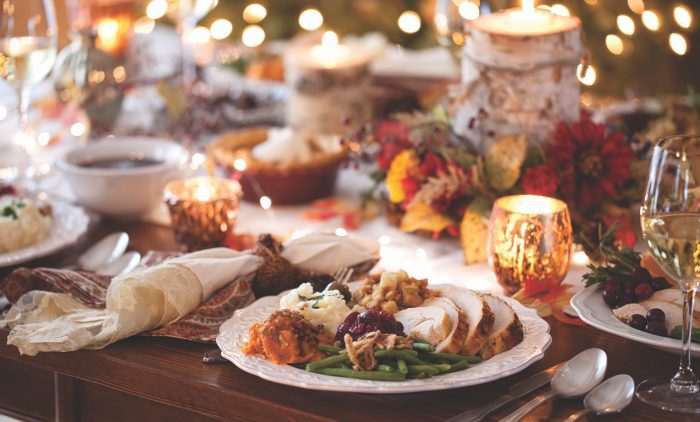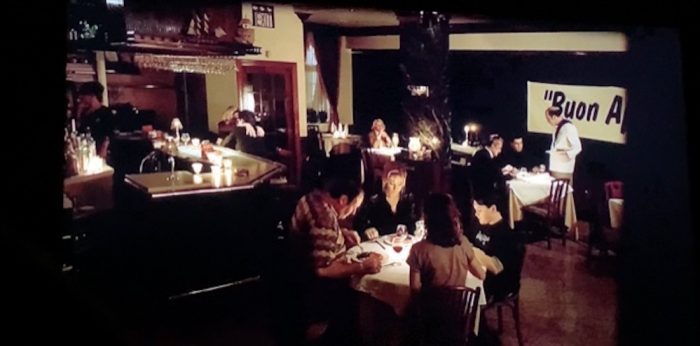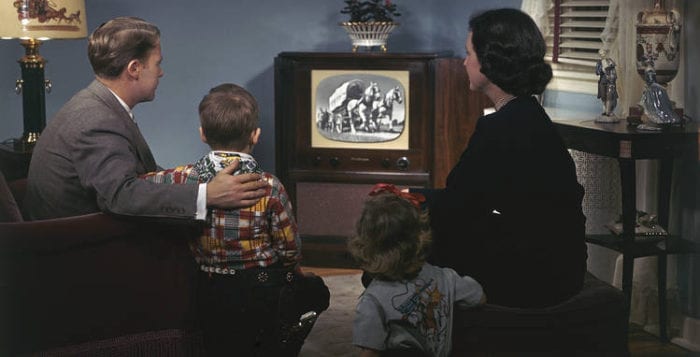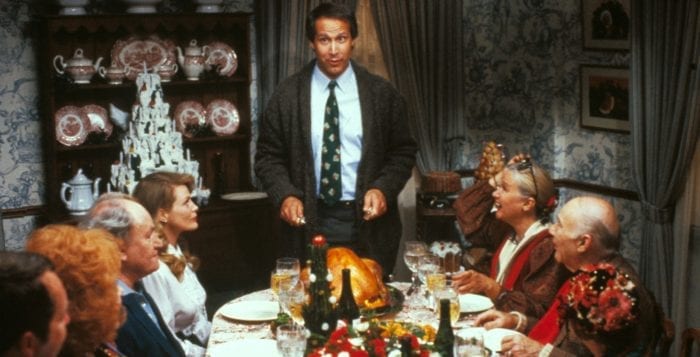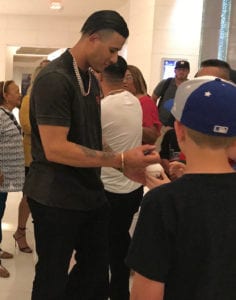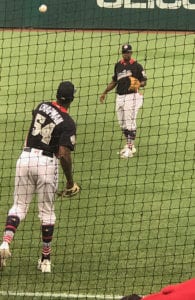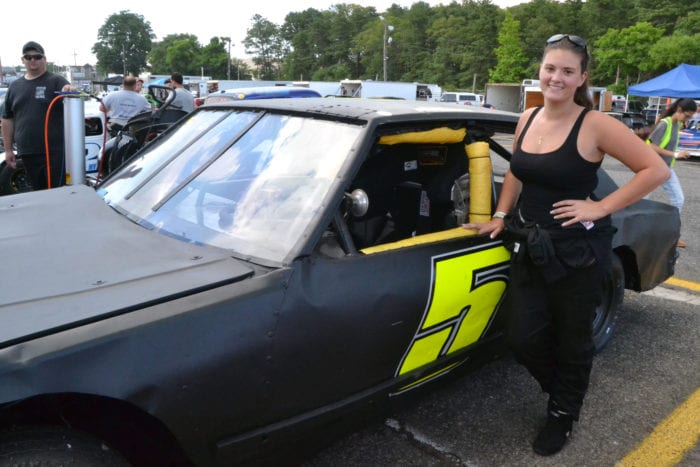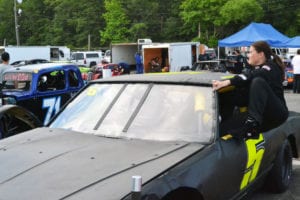By Leah S. Dunaief

It’s Thanksgiving again, even though it seems it recently was. Yes, time flies, and soon it will be Christmas and then the end of 2023. When did that all happen? It seems we were worried about what would occur when we turned the corner into the next millennium. Now we are almost one quarter into the new century.
Some things don’t change, and that includes the core menu for Thanksgiving dinner. While I always try to add a new dish, just for the surprise value, still there are the turkey, stuffing and cranberry sauce, the roasted veggies and mashed sweet potato, and the wonderful pies. I have to confess that my family prefers broccoli with garlic and oil to string beans, so we have put our own twist on the basic meal.
Every year, after dinner, we remain at the dining room table and share with each other what we are most grateful for particularly in this year. This way, I get to catch up on what’s been happening in my family’s lives that I might not know about, and they do as well.
But while Thanksgiving is always celebrated on the fourth Thursday of November, no two Thanksgivings are exactly the same because no two years are the same. For one thing, we are one year older. That changes our lives in minor and major ways as we move on.
For example, my granddaughter moved on this year and graduated from college. She now has her first full time serious job, is living on her own and tasting adult life.
My oldest grandson and his fiancee have been lovingly planning their wedding for next year. The bachelor party has already happened, the bridal shower, postponed once because the bride-to-be came down with COVID, will take place next month, and the couple have picked out their permanent home. They already have a BBQ for the backyard. Dresses have been selected, tuxes prepared, the event location secured and the menu chosen.
Speaking of COVID, its frightening grip on our lives has significantly loosened, but only after three years. We live with it, we have upgraded vaccines to protect us, and it’s not the scourge it used to be.
But other events threaten. There are two terrible wars raging in the world, and we are privy to them through news reports and social media daily. We hear less of Ukraine and Russia these days because the Middle East has taken center stage. And while Russian athletes and opera singers were shunned if they didn’t denounce Putin, still that conflict was at a distance. The Israeli-Palestinian conflict has spilled over into our country and is closer to home. Antisemitism and anti-Muslim demonstrations have poisoned our airwaves and frightened our residents.
It is against this backdrop that we sit down to enjoy each other and the family meal. While we are grateful for all that we have and all that we are, we cannot entirely shut out the tragedies happening elsewhere in the world. If anything, current events cause us to pull our families closer for support and security.
As the calendar turns, we will be moving into another presidential-election year, and when we next sit down to Thanksgiving dinner, it will be on the eve of a new presidential term, whoever wins.
We are on the threshold of a decisive year ahead. Knowing that, and dealing with the divisiveness within our borders, lessens the usual frivolity of the holidays. Yes, we are certainly thankful for our turkey, for our lives and for each other. We should use that gratitude somehow to help make this a better world.
We can commit to pushing back against prejudice and hate wherever we find them. We can teach our children by our example, living what has ben described as American exceptionalism. We can abhor violence. And in the face of bigotry, we can care for each other and together pray for peace.

